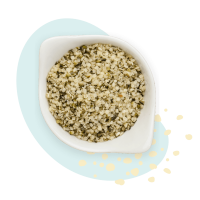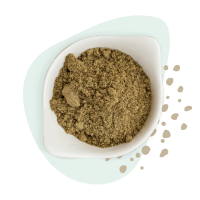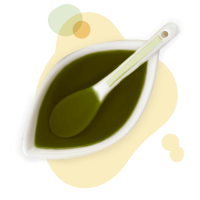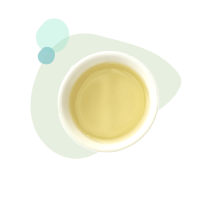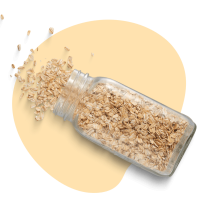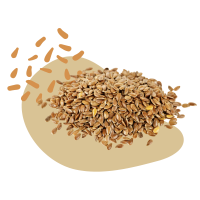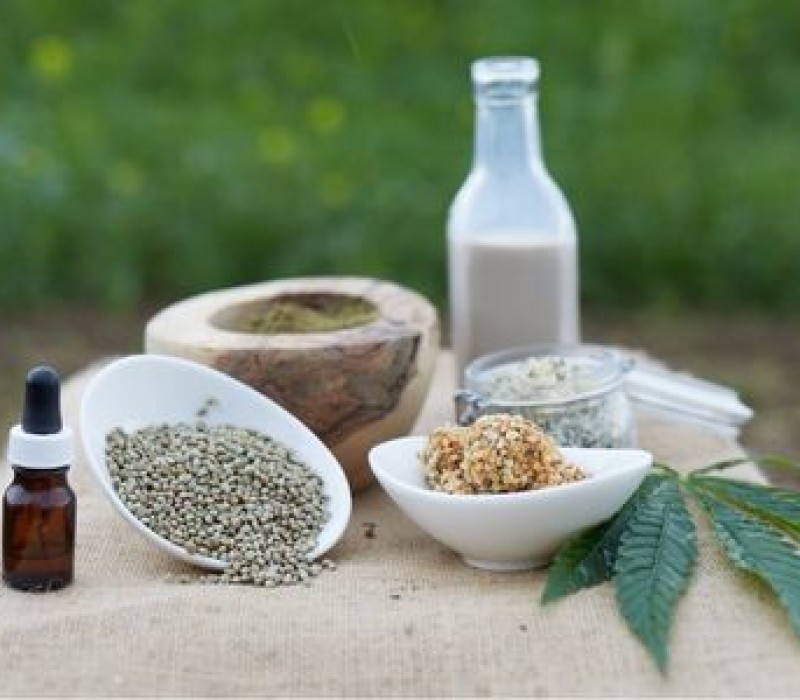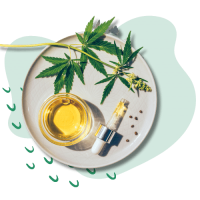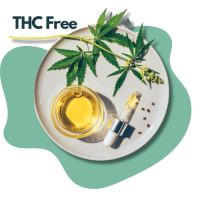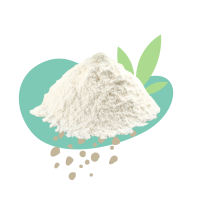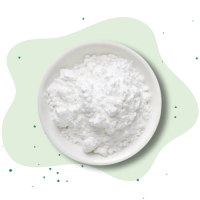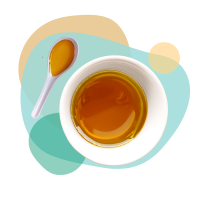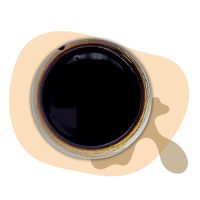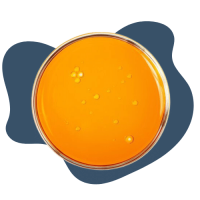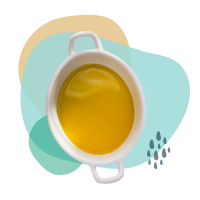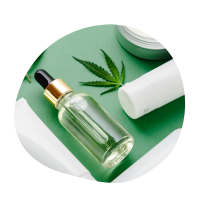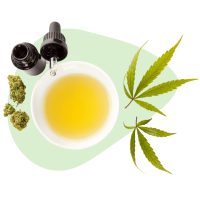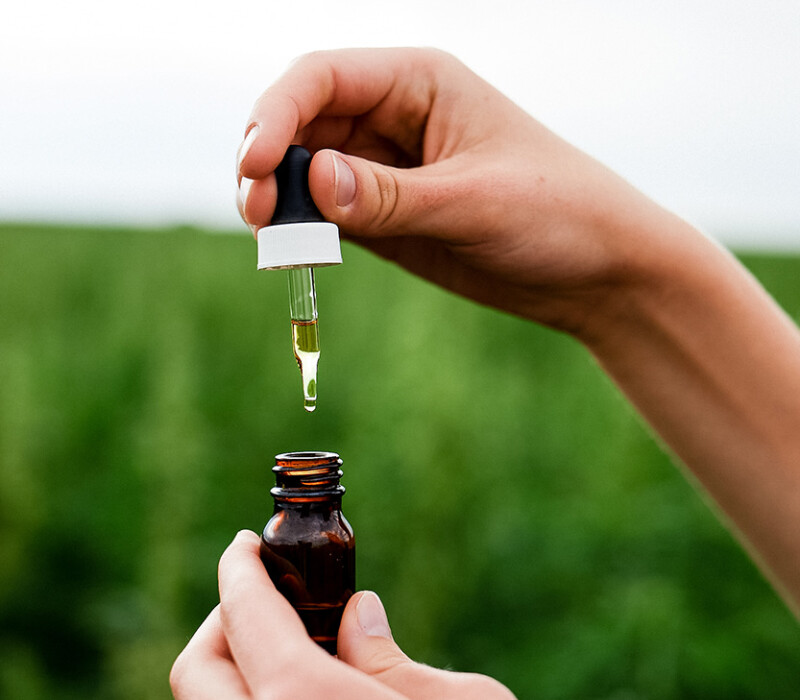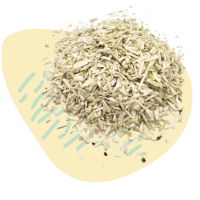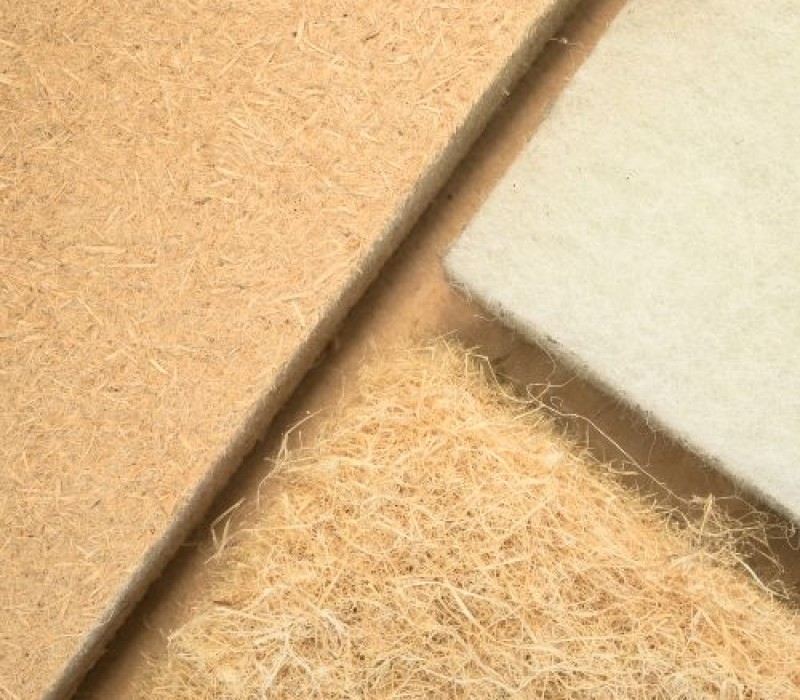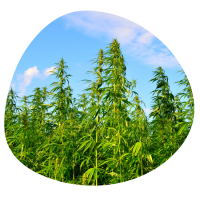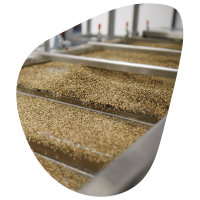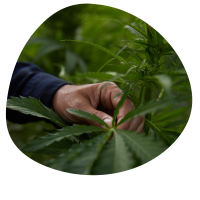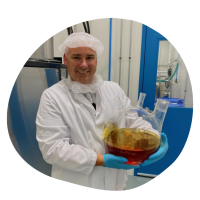Fact or Fiction: Navigating the Truths and Myths of CBD and Cannabinoids
CBD and cannabinoids are everywhere these days. You hear about them in the news, see them on social media, and maybe even talk about them with friends. Some people say they're amazing, while others don't quite know what to think. But even though they're so popular, there's still a lot of confusion about what they really are and what they do.
You can find CBD in coffee shops and skincare products, but many questions remain. Are these products safe? Do they really work? There's a lot of unclear information out there, which makes it hard to know what's true and what's not.
That's why it's high time we clear up the confusion. We need to sort out the facts from the myths about CBD and cannabinoids. The goal is to make understanding what you're hearing and reading easier so you can make smarter choices for yourself.
What Are CBD and Cannabinoids Anyway?
Cannabinoids are various compounds present in the cannabis plant. The cannabis plant has many different parts, each containing various types of cannabinoids.
The two most talked-about cannabinoids are CBD, which stands for cannabidiol, and THC, known as tetrahydrocannabinol. While THC is the stuff that gets you "high," CBD doesn't have that effect. That's why CBD is showing up in cannabis health products. It offers some benefits of the cannabis plant without the mind-altering experience.
CBD is a particular type of cannabinoid that has caught a lot of attention for its potential health benefits. Some people use it for relaxation, while others say it helps them with pain or sleep issues. But it's important to know that while there is some scientific backing for these claims, research is still ongoing. In other words, scientists are still figuring out exactly how CBD works and how we can use it best.
You might have heard of minor cannabinoids, too, like CBN or CBG. Each one has its own set of effects and benefits, and researchers are also looking into those. But for now, CBD is the cannabinoid you'll most likely come across.
So there we have it. Cannabinoids are a big family of compounds, with CBD as one of its most famous members. It's a fascinating topic and one that's still being explored by researchers all over the world.
The Terpene Connection
Terpenes are naturally occurring compounds in the cannabis plant that give it its unique aroma and flavor. Think of terpenes as the "spice" of the cannabis plant, adding distinct characteristics that make each strain unique. While they don't create a "high" like THC, some believe that terpenes can influence how your body interacts with cannabinoids, a theory commonly referred to as the "entourage effect."
For those curious about exploring terpenes on their own, there are options for acquiring terpenes for sale in bulk. But it's crucial to understand that our isolates and distillates have had most of their terpenes removed. This offers a more focused experience explicitly aimed at delivering the potential benefits of cannabinoids like CBD.
But why might you choose a product with terpenes removed? Well, some people prefer to get straight to the potential benefits offered by CBD or other cannabinoids without the added variables that terpenes bring into the mix. It's a matter of personal preference, depending on what you want from your CBD experience.
Separating Fact from Fiction: Common Myths Debunked
The maze of information surrounding CBD and cannabinoids is intricate and fraught with misconceptions. Stories and claims dart around, some accurate, others patently false, further thickening the fog of uncertainty.
Myth 1: CBD Is Just a Trendy Fad
Let's tackle this head-on: CBD is not simply a fleeting trend that will vanish into oblivion in a few years. In fact, using cannabinoids for medicinal purposes dates back thousands of years. Modern science is starting to catch up, too, with a growing body of research that suggests CBD has tangible health benefits.
Myth 2: CBD Gets You High
Unlike THC, CBD does not have psychoactive properties that make you "high." If you're using pure CBD products, especially isolates and distillates that have had most of their terpenes and THC removed, there's no reason you'd experience psychoactive effects.
Myth 3: All Products Are Equal
A common misbelief is that all CBD products are identical. In reality, the quality can differ significantly depending on the extraction process, the source of the cannabis, and even how it's been stored. Isolates and distillates, for example, offer a more refined experience than full-spectrum products that include terpenes and other cannabinoids.
Myth 4: CBD Is a Miracle Cure
While CBD has shown promise for various health issues, touting it as a miracle cure is misleading and irresponsible. Research is ongoing, and while preliminary findings are optimistic, it's essential to approach CBD with a balanced perspective.
Myth 5: Higher Dosage Means Better Results
It's tempting to think that upping the dosage will amplify the benefits, but this isn't necessarily the case with CBD. Its effect can be 'biphasic,' meaning smaller and larger doses might offer divergent results. There's also the concept of "CBD tolerance," which implies that the body might adapt to the compound over time.
Myth 5 Full-Spectrum Products Are Always Superior to CBD Isolates
While some proponents of the "entourage effect" argue that the presence of multiple cannabinoids enhances the benefits, this isn't a one-size-fits-all answer. For those who need or want to avoid THC or other cannabinoids, isolates and distillates may be more appropriate.
Conclusion
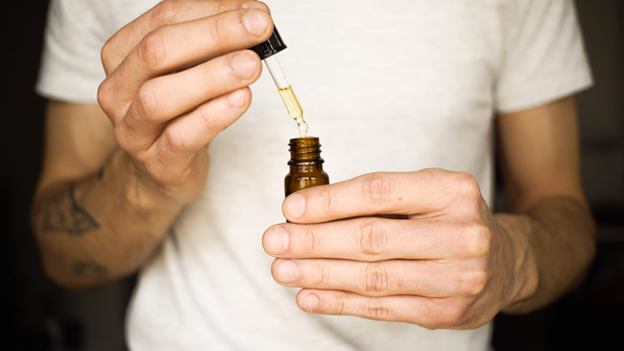
Staying well-informed about CBD and cannabinoids is the cornerstone for making choices that align with your personal needs and lifestyle. The field is constantly evolving, with new research and changes in laws continually reshaping what we know. Never stop learning. A proactive approach to gathering information can go a long way in helping you make choices that are not just beneficial but also safe.


